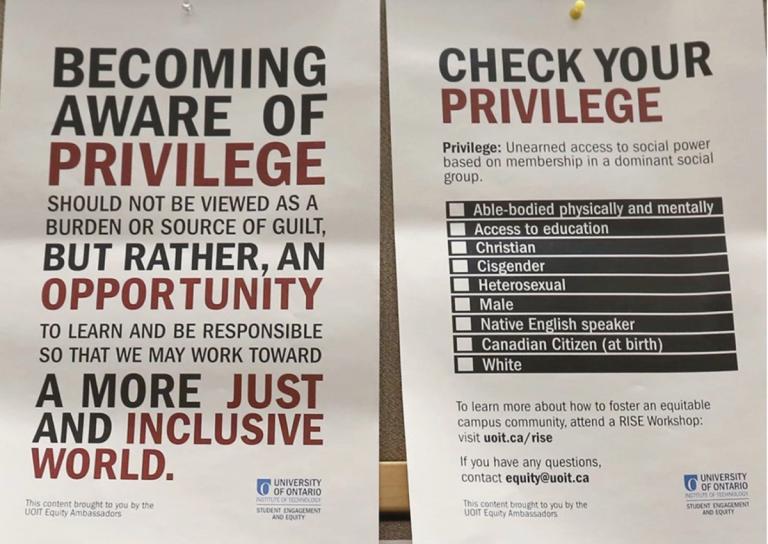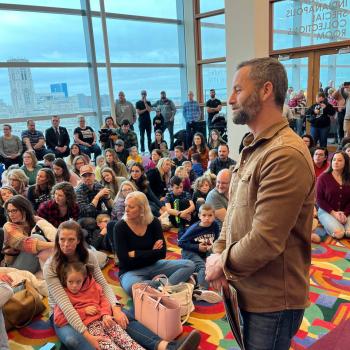A couple of voices in the blogosphere tackled the often fraught topic of privilege, and focused in more specifically on the phenomenon of Christians in the United States who may have been losing some of their historic privilege recently, but who mistake the gains of others for persecution of themselves. For instance, Neil Carter writes:
The Christian message was predicated upon a martyrdom, and it was fashioned by a people suffering from persecution. Because of this, it will always make the most sense among groups of people who are similarly persecuted and underprivileged by their surroundings.
But put this same message into a subculture in which its adherents actually wield the positions of greatest civic and economic power and you get a grotesque monstrosity which goes around bullying others, then claiming victimhood every time the targets of their abuse try to defend themselves.
We call this “privilege blindness,” when you cannot even see the ways that the world gives you an upper hand. Or in this case maybe we should call it privilege projection. You take those inequities for granted because it’s the way things have always been. Once you become accustomed to a steady diet of such regular privilege, the slightest reduction in the inequality leaves you feeling utterly persecuted.
I often regret that Neil has ended up an atheist, since he often seems so adept at separating Jesus, whom he can view positively and appreciate, from his modern-day followers. If those followers had not succeeded in driving him away entirely, he’d have made a fantastic liberal Christian! 🙂
Vance Morgan wrote along similar lines:
One way to ensure that one’s faith is not co-opted by fear is to remember that, as the events we celebrate during this coming week show, love often looks like failure—the sort of failure that we naturally seek to protect ourselves against using any means necessary. But often that protection turns what we claim to value most highly into a mockery of itself. At the heart of faith is something fragile, holy, pure, and impossible to destroy—something that thrives not when protected but when openly exposed and released.
I’m glad that Patheos provides a venue where voices like both of the above can be heard either individually or in conversation with one another!














